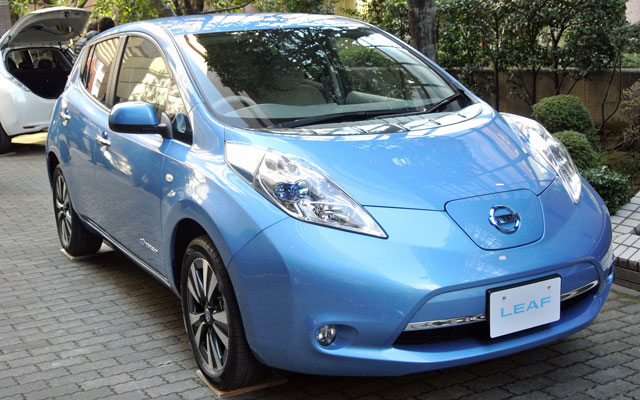The next time you get a class-action settlement notice in the mail, take a hard look at it. You might not be a judge, but a raw deal is easy to spot.
Class-action settlements often involve major corporations and trial lawyers working hand-in-hand: Corporations shell out relatively modest sums to trial lawyers to avoid the possibility of incurring huge liabilities. The lawyers, in turn, settle the cases on behalf of large numbers of consumers who have no idea that their rights are being sold on the cheap, in part because of the exorbitant fees that the trial lawyers will obtain. It’s the sort of shell game that no-nonsense Chief Judge Alex Kozinski of the United States Court of Appeals for the Ninth Circuit is known to push back against.
So it’s not surprising that Judge Kozinski, who owns a Nissan LEAF, has filed a personal objection to a proposed settlement allegedly made on his behalf. Typical consumers might not have the legal acumen to object to a class-action settlement made on their behalf, but Judge Kozinski certainly does.
Judge Kozinski is one of 18,000 consumers who bought a Nissan LEAF, an electric car whose lithium-ion battery apparently suffers from a variety of defects. Nevertheless, Nissan went to market with the LEAF, and some enterprising lawyers filed a class action on behalf of those 18,000 consumers, including Judge Kozinski.
Those lawyers have since attempted to settle the case—prematurely, Judge Kozinski believes. Rather than spending time and energy attempting to present the best case and win the most money for their clients, the lawyers and Nissan reached a settlement even before discovery had begun.
As Judge Kozinski notes in his objection: “[P]erhaps more damning…[the lawyers] had locked [the class members] into a settlement that guaranteed [the lawyers] a $1.9 million fee. At that point, [the lawyers] no longer had an incentive [to litigate the case]; their incentive was to get the settlement finalized so they could cash in their bounty.” As Judge Kozinski further put it:
Winning this case on the merits is not, as [the lawyers] claim, a task requiring the skills of Clarence Darrow or Abe Lincoln. What it does take is [lawyers] who are committed to winning meaningful relief for the class, rather than just easy money for themselves.…
[The lawyers] did nothing to [educate] the class members [about the value of the settlement]. Indeed, they drafted a notice that affirmatively misled class members as to the consequences of opting out by falsely representing that if they do so they would lose the extended warranty.…
[The lawyers] put forth minimal effort in preparing for negotiations and unsurprisingly walked away with a “deal” that gives class members nothing of value.… [The lawyers] claim this is a great deal, but they’ve got 1.9 x 106 reasons for saying so.
